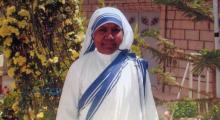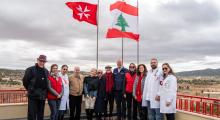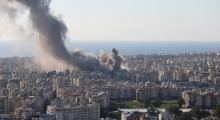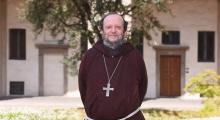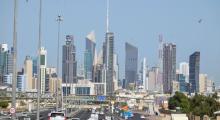Issued by the Catholic Center for Studies and Media - Jordan. Editor-in-chief Fr. Rif'at Bader - موقع أبونا abouna.org
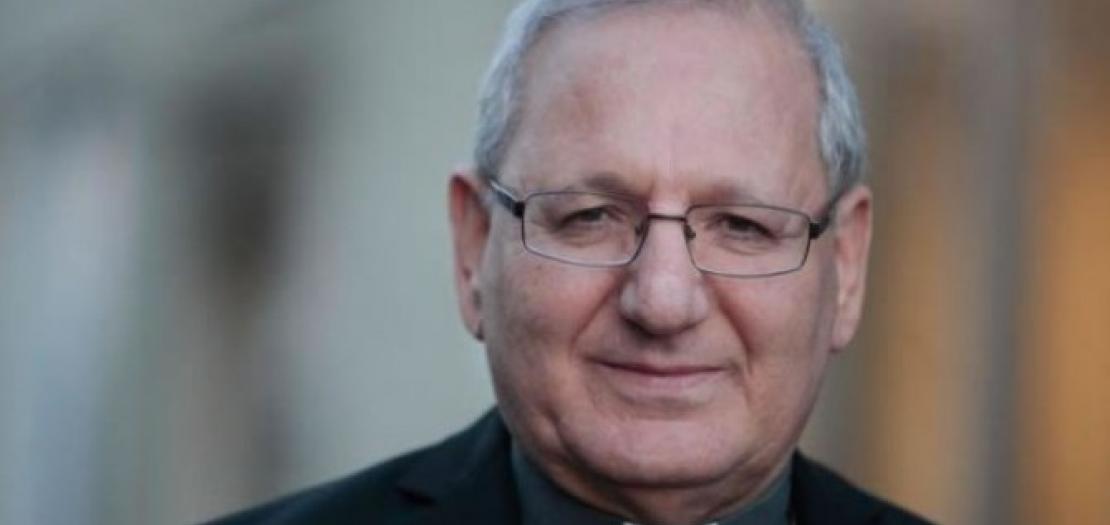
The leaders of Iraq’s Christians have called on the United Nations to urgently address the growing refugee crisis before a freezing winter forces displaced Christians to leave the country.
“We Christians in Iraq have a future if the international community gives us immediate assistance. Don’t forget us,” Chaldean Patriarch Louis Raphael I Sako told a conference at the UN in Geneva.
The patriarch told the delegates that “people are disappointed how little help has been received to date.”
He was addressing a conference “Christians in the Middle East: Citizenship, Human Rights and their Future” supported by Catholic charity Aid to the Church in Need.
Stressing the immediate challenge, Patriarch Sako said: “At present about 120,000 Christians are living in Iraq as refugees.
“They need everything because the ISIS terrorists have taken all they had. The greatest challenge at the present time is the provision of living accommodation.”
The leader of the Chaldean Christians explained that with temperatures set to plunge in the coming months the crisis was going to get worse.
Patriarch Sako said: “The winter, which can be very cold in Iraqi Kurdistan, is coming and the people can’t possibly stay in tents. We rely heavily on support here.”
Calling for a protection zone for Christians to be set up in northern Iraq under a UN mandate, he also asked the UN to intervene to enable those who had been displaced by the advance of the Islamic State (formerly ISIS) to go back home.
He said: “We need a resolution of the United Nations which will enable us to return,” warning that if the Iraqi Christians are not able to return to their homes in the Nineveh Plains, they will become exiles living outside their homeland.
Speaking before the meeting, Mosul’s Syriac Orthodox Archbishop Nicodemus Daoud Sharaf backed the patriarch’s call for action, saying the United Nations must recognise and condemn the expulsion of the Christians in Iraq as “genocide against Christians”.
Archbishop Sharaf said: “The United Nations are quick to condemn anti-Semitism. We want to see the same when Christians are persecuted.” He added: “We need genuine humanitarian aid. Time is a major factor for us. More and more people are leaving the country.”
Also speaking at the conference, Syriac Catholic Patriarch Ignace III Yousif Yunan called for greater commitment from the international community.
He said “With the capture by ISIS of Syriac Catholic towns such as Qaraqosh, tens of thousands of my faithful are fleeing.
“Aid from the international community would not only help them materially, but also show them that they are not alone and not forgotten.”
According to the Syriac Catholic Patriarch the industrialised nations had not been interested in the plight of the Christians of the Middle East as they were too few and too poor.
Patriarch Yunan – who is based in Lebanon – also stressed that in the long term the Christian presence in Iraq could only be guaranteed by separating state and religion.
“As an international family we must work towards the separation of state and religion.”
The Syriac-Catholic Patriarch called on Muslims to reinterpret their scriptures to move this process forwards.
He said: “In the twenty-first century one cannot make an exegesis as though one were in the seventh century.”
The conference “Christians in the Middle East: Citizenship, Human Rights and their Future”, organised by Vatican representation at the UN, was a fringe meeting at the UN Human Rights Council in Geneva.
The meeting on Tuesday,16 September, was attended by delegates from the United States, Great Britain, Poland and Austria.
Following the conference US Ambassador Keith Harper met with a delegation of Iraqi Church representatives for further discussions.


